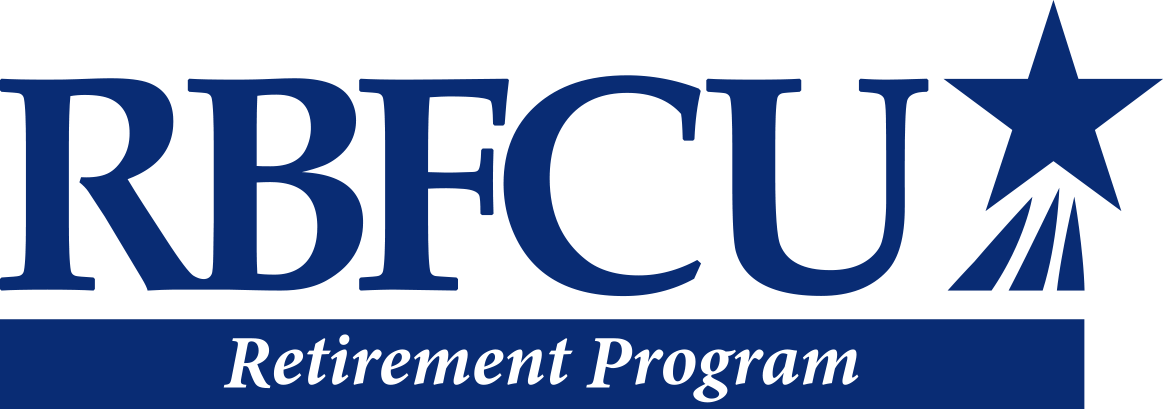How to Avoid Investment Scams as a School Employee
Everyone wants to maximize their earnings — especially when you know that money can help grow your retirement savings. But in your zeal to make the most of your nest egg, the last thing you want is to fall victim to a fraud that could steal your hard-earned dollars.

That’s why it's important to know what to look for when it comes to investment scams and fraudulent schemes. By being better informed, you may be able to protect your funds and accounts from illegal activity.
Let’s look at what you need to know to help protect you — and your savings.
How to identify investment scams
Knowing the signs of an investment scam1 can be the best way to avoid getting caught in that trap. Keep an eye out for:
- Claims of big returns or guaranteed income
- Promises of no risk and no effort to get a big return
- High-pressure tactics to convince you to invest
- No specifics or details about the investment
These are just some of the signs, however. A good rule of thumb? If a request, email or text message makes you feel uneasy, it's wise to be cautious. If something feels too good to be true, it probably is.
Affinity fraud
There are several types of investment fraud that target specific groups of people ─ including teachers and school employees. Known as affinity fraud,2 scammers prey on people in an identifiable group in the hope that it helps gain your trust — and make you an easier target.
In this type of fraud, scammers work to build rapport with their targets, thanks to the things they have in common. The fraudsters may even be part of the group — or pretend that they are with the group. The scam is to convince the members of the group to promote the scheme, thereby giving it credibility. They will ask the group to use social media, emails and personal contact details to share information about the "investment opportunity" — then scam you and your friends or fellow employees out of your money.
Ponzi or pyramid schemes
Sometimes the strategy that is part of an affinity fraud is a Ponzi or pyramid scheme. A Ponzi scheme3 is when money from new investors is used to pay a return to existing investors. A pyramid scheme scenario has fees paid by new investors brought to the scam by existing investors, who are paid a recruiting commission. The existing investors have no idea that they are part of a scam until new participants stop investing. That collapses the scheme and leaves all the investors as victims.
» Tip: Keep an eye out for unregistered investments — if an investment is not registered with the U.S. Securities and Exchange Commission4 (SEC) or a state regulator, it’s probably not a legitimate investment. Also, investment professionals and firms are required to be licensed or registered, so if the person pressuring you to invest isn’t, consider it a red flag.
Pump and dump schemes
Fraudsters rely on drawing in people who may be inexperienced at investing — or looking to quickly improve their investment portfolio revenue. A “pump and dump”5 scheme includes scammers pumping up a stock through misleading information, creating a buying frenzy to raise the stock price.
That may sound great, but investors get caught when the scammers dump their shares at the inflated price — taking their profit and moving on. Without the hype for the stock, the price will drop, and the investment value disappears. The scammers made a profit and the unknowing fraud targets lost their investment value.
» Tip: Pump and dump schemes rely on fake information that can go viral online. If someone shares something with you online or through social media, do your research to confirm the investment is legitimate. Don’t believe everything you read in chat rooms or random websites.
Impersonation schemes
Today’s online world has given scammers a new opportunity to commit fraud — and an easy way to lure targets to their scams. One of the most prevalent is impersonation schemes.6 Fraudsters will set up an online profile or website and impersonate legitimate financial advisors or brokers. The scammers will then direct potential victims to other imposter sites to help legitimize the market information they provide.
One particular impersonation scam to avoid? Romance scams through which scammers pretend to be interested in romantic relationships with their targets. According to the United States Secret Service,7 this type of scam is on the rise. Again, if interactions seem "too good to be true," use caution.
» Tip: The world of artificial intelligence (AI) is making it easier than ever for fraudsters to create fake profiles — and even fake celebrity endorsements. Stay vigilant and always look for variations in an account name or profile — and only contact a broker or financial advisor using information you can independently verify. And be careful: Fraudsters have even impersonated the SEC online.
How to protect yourself from investment fraud
It's important to stay vigilant where your savings and investments are concerned. Education is critical to protect yourself from the scams that seek to take your money. Use these steps to help avoid scams:8
- Reject pressure to make quick decisions regarding investments. Scammers will try to play on your desire to improve your financial situation to pressure you to make a quick decision. A legitimate investment opportunity encourages research ─ and works with you to make a thoughtful decision.
- Research any investment opportunity, regardless of how trustworthy the people bringing the opportunity to you seem. An online search should provide information on the company and the broker or financial advisor — and may even reveal details about related scams.
- Beware of unsolicited emails or letters promoting no-risk investments or claiming guaranteed returns. If you receive a phishing or spam email, you can forward it to the Securities and Exchange Commission for investigation at enforcement@sec.gov.
- Look for any suspicious information from online investment promotions — including typos and generic email addresses. Make sure online profiles are from verified accounts and have contact information that can be confirmed.
- Be wary of any off-shore or international investment opportunities. If there is an issue, recovering funds will be more difficult.
- Question any investment opportunity that is not in writing. Legitimate investment opportunities will provide a public prospectus with details and analysis of the company.
- Keep an eye on your investment account and regularly check your statements. If possible, get online account access so you can review your account even more frequently. If there is something unusual or something you don't understand, ask questions.
- Look to licensed or registered financial professionals for investment advice. A financial advisor will sit down with you to discuss investment opportunities and provide you with details and options for you to consider.
The takeaway
Protecting your financial well-being is important at every stage of your education career. Although there are indeed people who might seek to take advantage of your retirement nest egg, there are other individuals willing to help you develop and refine a thoughtful strategy that reflects your goals and values.
Plan your future with more confidence. When you’re ready for help getting your retirement plan on track, schedule your no-cost, no-obligation consultation with the RBFCU Retirement Program.

